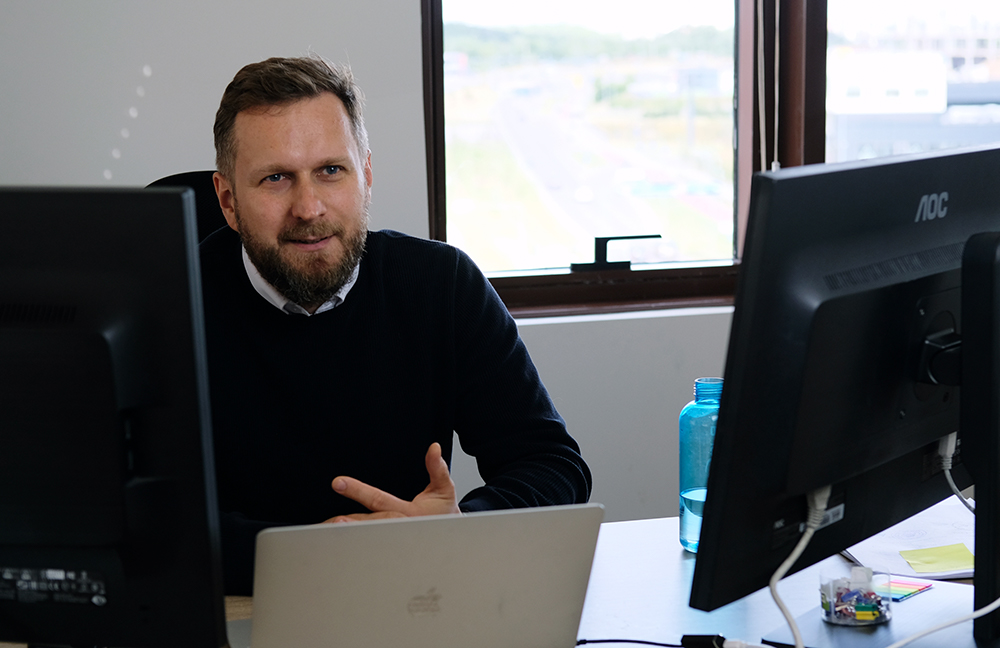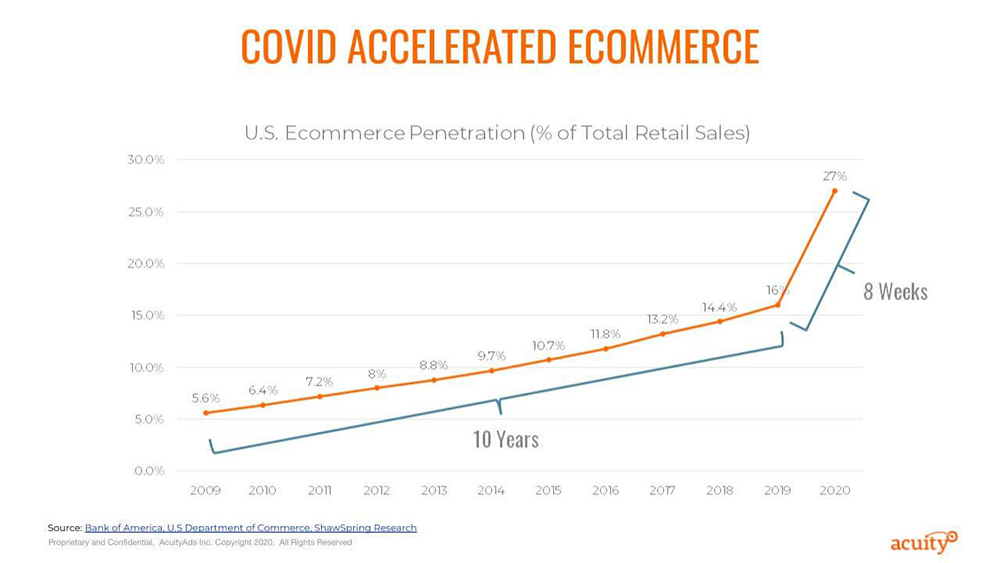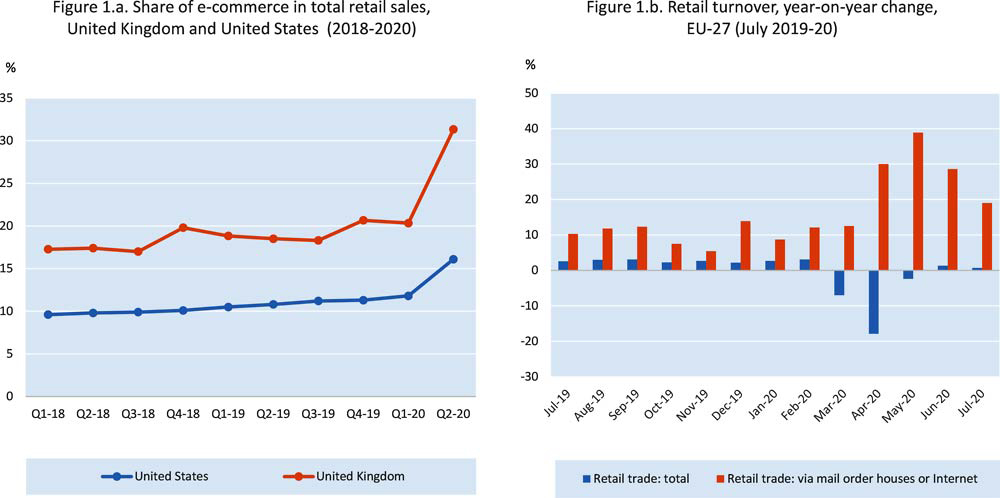2020: a rally which shook us, but reminded us about brakes
 Head of Paysera LT Vytenis Morkūnas
Head of Paysera LT Vytenis Morkūnas
This should have been a year of economic prosperity, the Summer Olympic Games, and the beginning of a new decade. More travelling, more concerts, and even more tourists pouring into the old town of Vilnius. More pessimistic forecasts predicted a slight slow-down in the economy or, in an extreme case, an overheating economy. I remember that it raised concerns. And then the pandemic came.
It is possible that you will not want to remember 2020. The number of challenges and the amount of stress that we have experienced would be enough not for one, but for several years. This year has demanded a lot of strength but also taught us some things. First, it made us realise how important human communication is, especially with our closest ones. We could also witness a historical event. Medical science and technologies have advanced so much that a vaccine from a novel virus was developed in less than a year. From now on, we will no longer be trying to keep up with the virus but will be at the forefront of fighting it.
I will remember 2020 as a rollercoaster ride. At one point you are shooting upwards together with electronic stores, the sales of which are skyrocketing. The next thing you know you are going downhill due to a reduced scope of sales and currency exchange and distribution of tickets which is hardly moving. And, in addition to this, there are challenges related to organising remote work.
E-commerce boom
I remember when during the first wave of the pandemic countries were closing their borders, and merchants, as if they were a SWAT team, were massively moving their trade online. In the first month of the quarantine alone, we helped to kick-start over 800 e-stores. Newbies took some time in redirecting their advertising and aligning their logistics chain, but they have succeeded. It turned into a bunch of business success stories.
The chart below will give you a better understanding of the scope of the COVID-19 impact on the world of e-commerce. You will see that, in the first two months of the spring quarantine, the share of e-commerce in the retail trade in the US and the United Kingdom has grown more than in the last 10 (!) years.


The percentage of this growth in Europe was similar. According to Paysera data, a 35% growth was recorded in e-stores in the Baltics, which exceeded 60% during the Christmas trade.
What’s in store for e-commerce after COVID-19?
Resident surveys suggest that the habits of shopping online are permanent and will remain once the pandemic is over. I also think that the habit of shopping online more frequently will remain, especially as the logistics sector becomes more efficient and more people realise that shopping online saves time. I do not expect e-commerce to become the leading channel or to replace physical stores altogether. We have seen queues of people in stores after the restrictions of the first quarantine were lifted and as soon as people became aware of the upcoming restrictions of the second quarantine. Thus, I think that, in the future, both methods will remain in use, only e-commerce will take over a large share from physical commerce.
2020 achievements
While the world is in economic uncertainty, we have introduced the possibility to acquire gold in the app. Not the stock exchange type. The real one. Bars and coins. Gold is considered a safe haven in turbulent times and a way to preserve the value of money, and, as a result, over the first two months we sold goldfor EUR 1.4 million. In 2021, we are going to start trading in platinum and silver in our app.
Starting from 2020, Visa card holders can pay via Apple Pay. They no longer have to hand their card over to merchants, touch buttons, or pay in cash. We offer payments via Google Pay and Samsung Pay since 2019. In the first half of 2021, we will introduce a virtual payment card. Clients requested it and we are happy to meet their request.
We have improved our AML/KYC system this year. We made it not only more robust and secure but also more convenient for our clients and employees. We operate in an increased risk zone which is often targeted by fraudsters, and that is why risk management and improvement is a continuous and never-ending process in our field – we will continue focusing on AML/KYC in 2021.
Remote work
I have been working from home for almost a year and I love it. Even though working only remotely is difficult, I manage to do more than during the same working day when I had to go to work and back home. Our employees have different opinions. Some of them cannot wait until they are back in the office, others are happy to work from their home. What is the ideal option? It is hard to tell, one thing is clear though, once the pandemic is over, we at Paysera are going to follow a flexible work principle office–home. At the moment, I think that working 2 days from the office and 3 days from home is a likely scenario. The real situation will be clear once the quarantine is over.
By the way, the experience gained when organising remote work has helped us to finally decide about the employment of foreigners. We have decided to hire employees worldwide more freely and also include Lithuanians living abroad. Please visit our Career section.
And while we work from home, let’s remember the good things – no need to worry about getting stuck in traffic jams and the possibility to notice new things, which we have not noticed before, thanks to a slower pace of life. Let’s have a little more patience and stay at home. Let’s protect one another. The medical community is already getting vaccinated. Our turn will also come soon.







